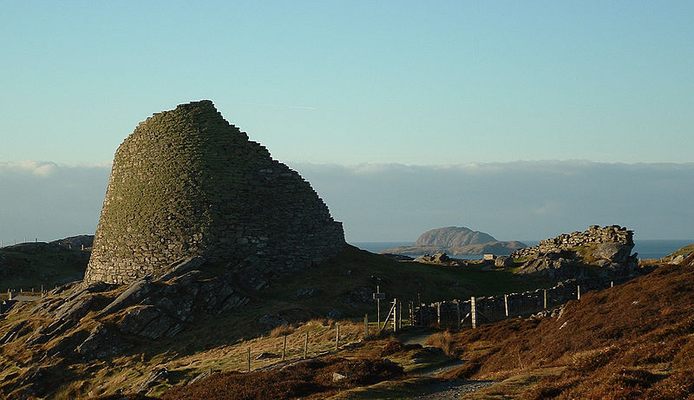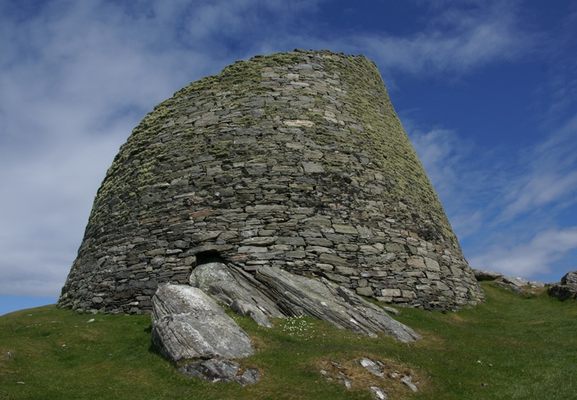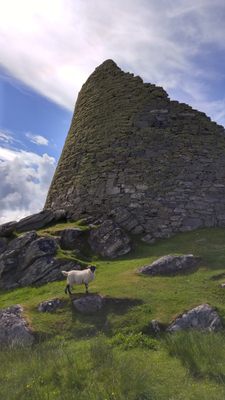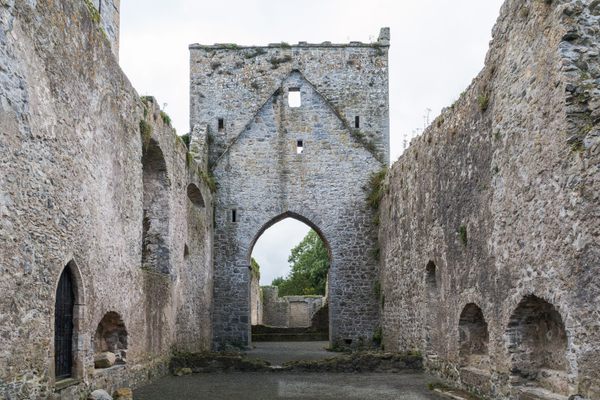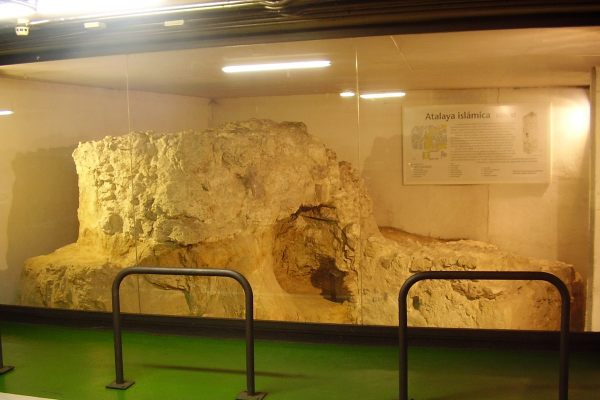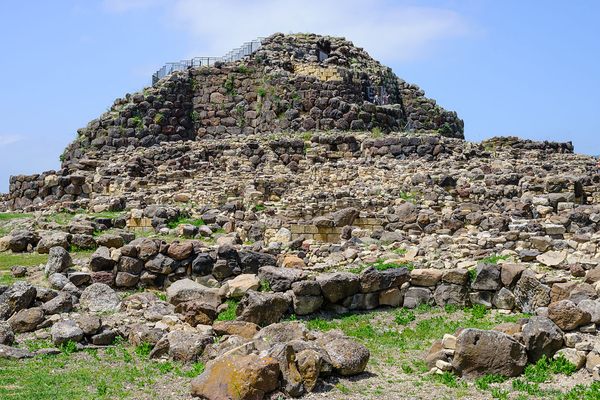About
As if rolling hills and a blue loch weren’t scenic enough, the district of Carloway on the west coast of the Isle of Lewis is also home to a crumbling stone tower that overlooks it all.
Dun Carloway is an astonishingly well-preserved example of a Scottish broch (not to be confused with a Scottish brogue, but just as iconic). These circular towers are drystone constructions, meaning that they have been built out of meticulously arranged interlocking stones, without the use of mortar to bind them together. Dun Carloway is a testament to the sophistication of this method - although it was constructed around 100 CE, it still stands close to its original height (nearly nine meters).
Brochs are particular in a number of other ways, besides their drystone assembly. The circular structures emerged sometime during the Iron Age and feature two concentric walls with a staircase snaking up the tower between them. Small cells and galleries in both the central area and along the staircase’s path provide places for people to gather. They are only found in Scotland.
Although 500 or so brochs have been found in the region, their precise function remains unknown. Were they primarily for defense? For shelter? Did they signify some particular kind of status? There is evidence that some brochs were repurposed for nearly 1,000 years. Dun Carloway, for example, served a stint as a pottery kiln. Legend tells us, however, that they make flawed cattle-thief hideaways. The Morrisons of Ness were said to have used Dun Carloway as a stronghold in the 16th century, when it was discovered that they had stolen cattle from the MacAuleys of Uig. Using two daggers, an enterprising MacAuley climbed the outer wall and smoked out the bandits with burning heather before destroying the tower.
Even so, after weathering both deleterious fits of rage and the tests of time, Dun Carloway remains a sight to see.
Related Tags
Know Before You Go
1.5m South of Carloway, about 16m North West of Stornoway, Lewis on the A858.
Flavors of Scotland: Beyond the Haggis
Smoked seafood, single malt whisky, and warm hospitality.
Book NowPublished
October 27, 2015
